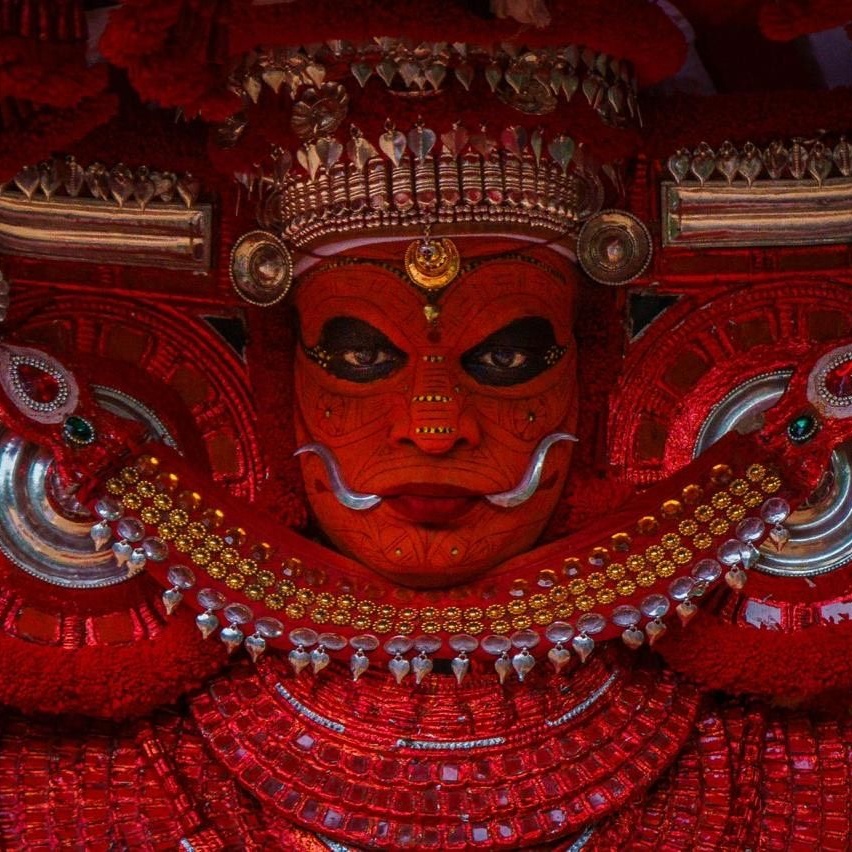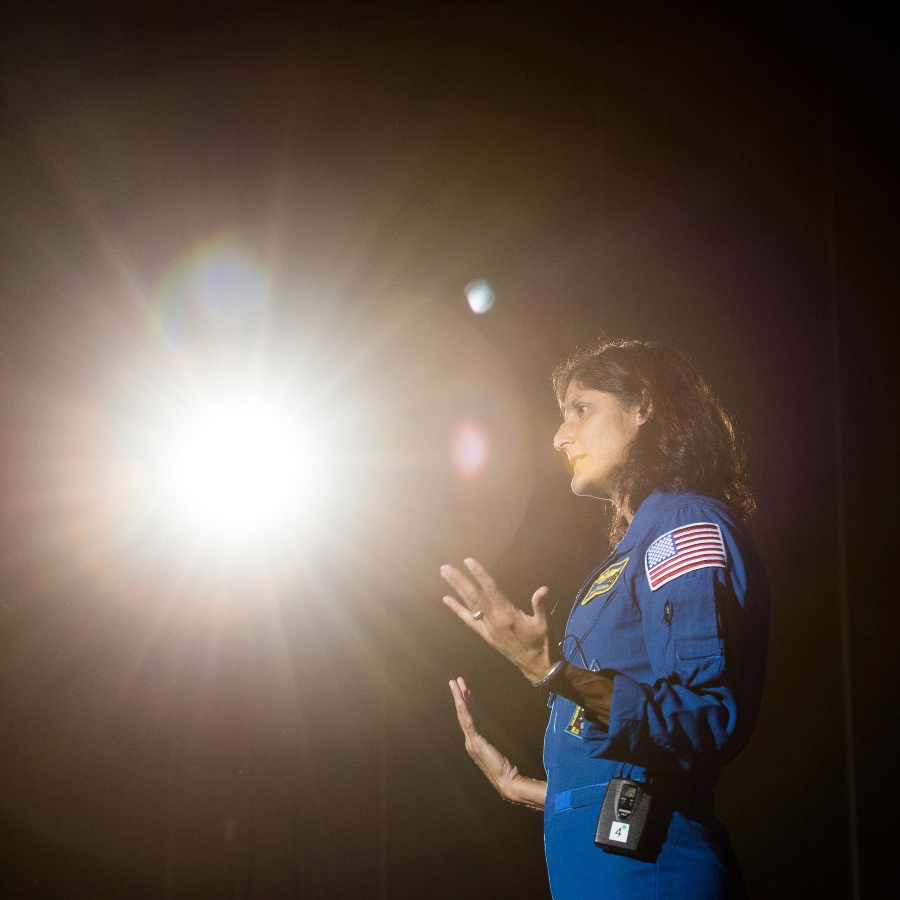If you didn’t already somehow know that David Yong was a super-rich and important person, he’s only too happy to tell you. On Netflix’s new reality show Super Rich in Korea, the timber tycoon and multihyphenate from Singapore announces, completely matter-of-factly, that he is among the island nation’s top 1 per cent. He introduces himself this way so many times across the six episodes—to new acquaintances, on blind dates, to his audience—that it almost becomes a catchphrase.
In his declarations, Yong is louder than his Chanel ‘it’s-staring-at-me' brooch, black credit card, plush addresses and enviable stables (yes, plural) of supercars put together. As you watch him fixate on this definition of himself—especially in a cast of five other hyper-rich people with their own unfathomable lives and obnoxious quirks—you might wonder if he’s actually really insecure. You might laugh at him, even come to dislike him. But you can’t look away.
IRL, the world’s wealthiest 1 per cent own nearly 43 per cent of the globe’s financial assets (according to a recent Oxfam study). But going by the themes that have come to dominate TV and movies lately, the mega-rich now occupy closer to 99 per cent of our collective imagination.
Affluence in art, on books, canvas, or screens, is hardly new. From Jane Austen’s potshots at the British aristocracy 250 years ago in her acidic novels to Raj Kapoor and Yash Chopra’s glorification of generational wealth in post-Independence India to Mitchell Hurwitz’s 21st-century roast of the American nouveau riche in the iconic Arrested Development—the rich have always been the subject of our wrath and envy, their lifestyles the object of our desire and derision.
Now, though, we’re in the era of ‘eat the rich’ films and TV shows—a meta genre, if you will, that has whetted the world’s appetites.
I feel empty inside
At one end of the spectrum are filmmakers and creators who marinate the obscenely wealthy—always portrayed as highly amoral and badly behaved—in a generous dose of schadenfreude. In films like Bong Joon-ho’s Parasite, Ruben Ostlund’s Triangle of Sadness and Mark Mylod’s The Menu, they suffer the grotesque, fatal consequences of their criminally insatiable appetites.
Elsewhere, they are getting their comeuppance at the hands of charming, covetous ‘sociopaths’ like Tom Ripley (Ripley), Oliver Quick (Saltburn), and Tom Wambsgans (Succession). None of these is your friendly neighbourhood Robin Hood—not even the innocent maid of Knives Out—but you might still end up rooting for them.
At the opposite end of this spectrum, the rich are written much the same—oblivious, selfish, dull, and/or stupid, and completely disconnected from reality—but treated as the hard-hunted quarry to be roasted slowly, gently, and affectionately. Think of the cast of White Lotus, drinking Veuve Clicquot for breakfast, but feeling deeply empty inside. Think of Tanya Quoid, who has much to say about “the gays” but whose abundant bank balance cannot save her when she falls off a boat. Think the Dowager Countess of Downton Abbey (Maggie Smith) who asks in earnest: “What is a weekend?” Or of the hedonistic lives that the heirs of a world-famous televangelist family lead in The Righteous Gemstones. Or the adolescent scions of business magnates running around with no rules to hold them in teen drama after teen drama—Gossip Girl, Elite, Class, and Revenge. Think of that startlingly self-aware and bemused speech from Queen Charlotte of Bridgerton about her outfit—made of Lyonnais silk, Indian sapphires, 200-year-old lace, and “bespoke underpinning made of whalebone”. “Whales died so I could look like this,” she says, the irony not lost on a fictionalised black queen in an era when British imperialism was at its most powerful moment.
Rich people problems
And then there are the reality shows. Bling Empire, Selling Sunsets, The Real Housewives, Dubai Bling, Secret Lives of the Super Rich, Super Rich in Korea, and dozens more have the same format: an eat-all-you-can buffet of some very universal human impulses acting out against backdrops of inconceivable opulence. They amp up the ridiculous for your viewing pleasure—who walks around earnestly saying things like “I love my clothes more than I love my life” and “If there’s one chair, it is for my bag; I am happy to stand”?
We mock them, ridicule them, grudgingly empathise with them—but why do we love to watch the rich? Cultural critics in the West have opined that the rise of this genre is directly connected to the reality of ever-widening wealth inequality, underscored in red by the pandemic. Many have criticised the hollowness of this ostensibly critical lens that these filmmakers wield, like a sword to a velvet curtain. These stories can seem cathartic, but who is investigating the deeper malaise of social inequality and class rigidity?
For now, we are all voyeurs of wealth. Maybe we simply want to get a peek inside their bungalows, wardrobes, cars—the accoutrements of billionaire lifestyles to which we can otherwise only aspire to but actually never access. Or maybe we want to watch them suffer, if only in fiction, because, in popular imagination, wealth at the scale of the Greenleafs, the Cattons, and the Roys just isn’t possible without some severe exploitation down the line.
At the recent Met Gala, a French Revolution-era quote got aired again when American influencer Haley Kalil, dressed in an 18th-century gown and headdress, posted a video of herself lip-syncing to a line from Sofia Coppola’s 2006 film Marie Antoinette: “Let them eat cake”. It has sparked global backlash, even triggering an online movement called #Blockout2024. This is even as all attention has moved to Cannes—and to the jewels and silks that are on display on the red carpet.
Incidentally, the phrase ‘eat the rich’ is also rooted in the French Revolution. It comes from a speech made by French political philosopher Jean-Jacques Rousseau, who is believed to have said, somewhat prophetically: “When the people shall have nothing more to eat, they will eat the rich.” Perhaps keep some antacid handy.




